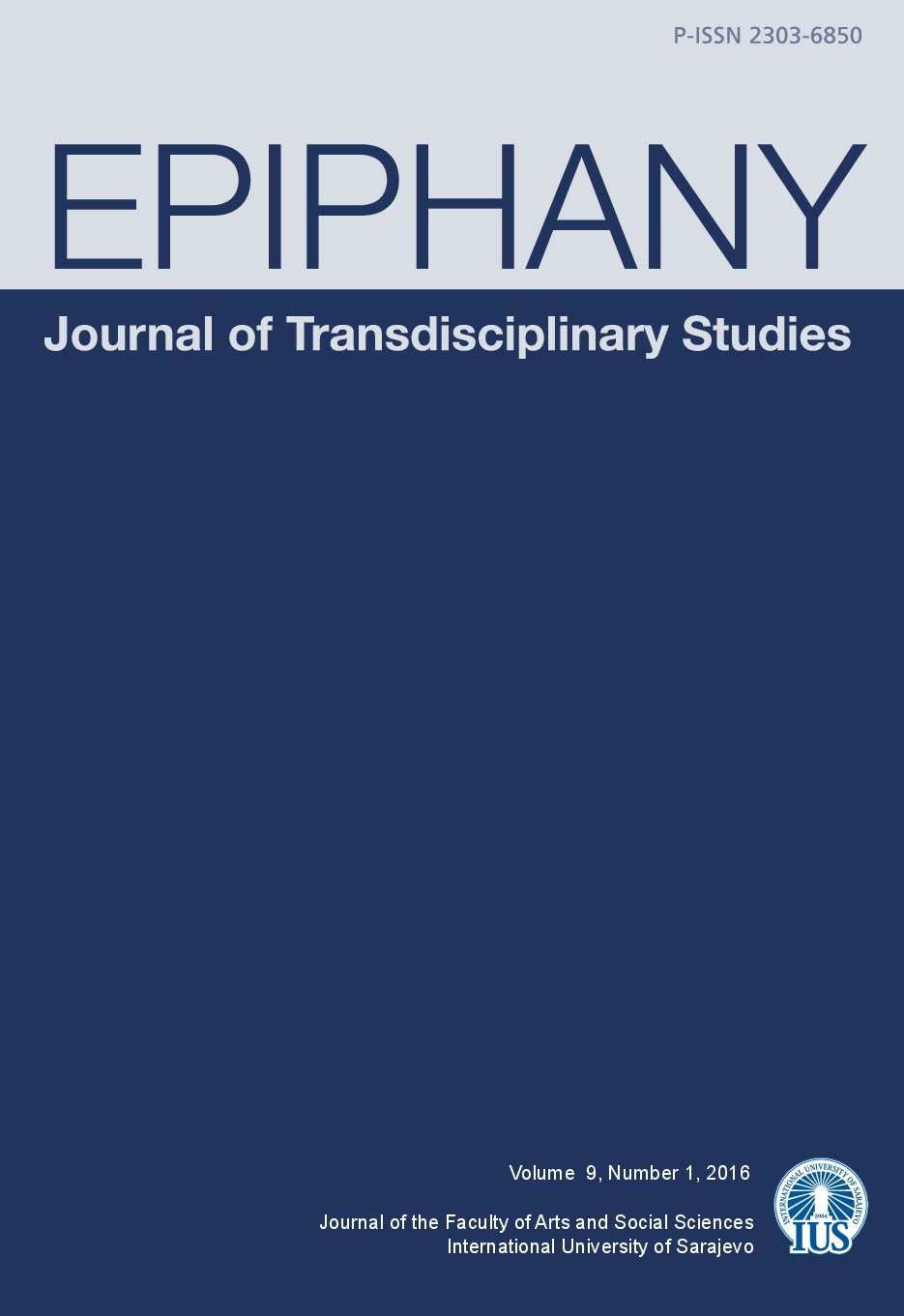Henrik Ibsen’s Dr Stockmann and Jean-Jacques Rousseau’s General Will
Henrik Ibsen’s Dr Stockmann and Jean-Jacques Rousseau’s General Will
Author(s): Fatma DoreSubject(s): Theatre, Dance, Performing Arts, Ethics / Practical Philosophy, Political Philosophy, Early Modern Philosophy, 19th Century
Published by: International University of Sarajevo
Keywords: Henrik Ibsen; Jean-Jacques Rousseau; An Enemy of the People; The Social Contract; Political Philosophy; Moral Philosophy;
Summary/Abstract: This work examines the concept of the general will developed by the 18th-century Swiss- French philosopher Jean-Jacques Rousseau through Henrik Ibsen’s 1882 play An Enemy of the People. It reveals that the formulation of the concept of the general will comes about through Rousseau’s attempt, as part of the economic or social contract tradition, to solve the problem of the relation of freedom to society. It then looks at the difference between the general will and the will of all, an agglomeration of the will of each individual, and reveals that the general will is manifested in concrete terms through legislative action, which allows for it to be regarded as the manifestation of a community’s concern for its common interest. This work demonstrates that Ibsen’s play is suitable for an analysis of the general will, as it takes place in a town that is a de facto free city-state. It then reveals that the attempt in the drama to silence Stockmann’s revelation of the polluted waters in the town’s municipal Baths is a manifestation of the general will. As such, this work shows that the general will is problematic as regards the issues of morality and freedom. It also shows that polities run by the general will may have external instability, and that the general will is an obstacle to the discovery of new truths.
Journal: Epiphany. Journal of Transdisciplinary Studies
- Issue Year: 9/2016
- Issue No: 1
- Page Range: 85-98
- Page Count: 14
- Language: Bosnian

